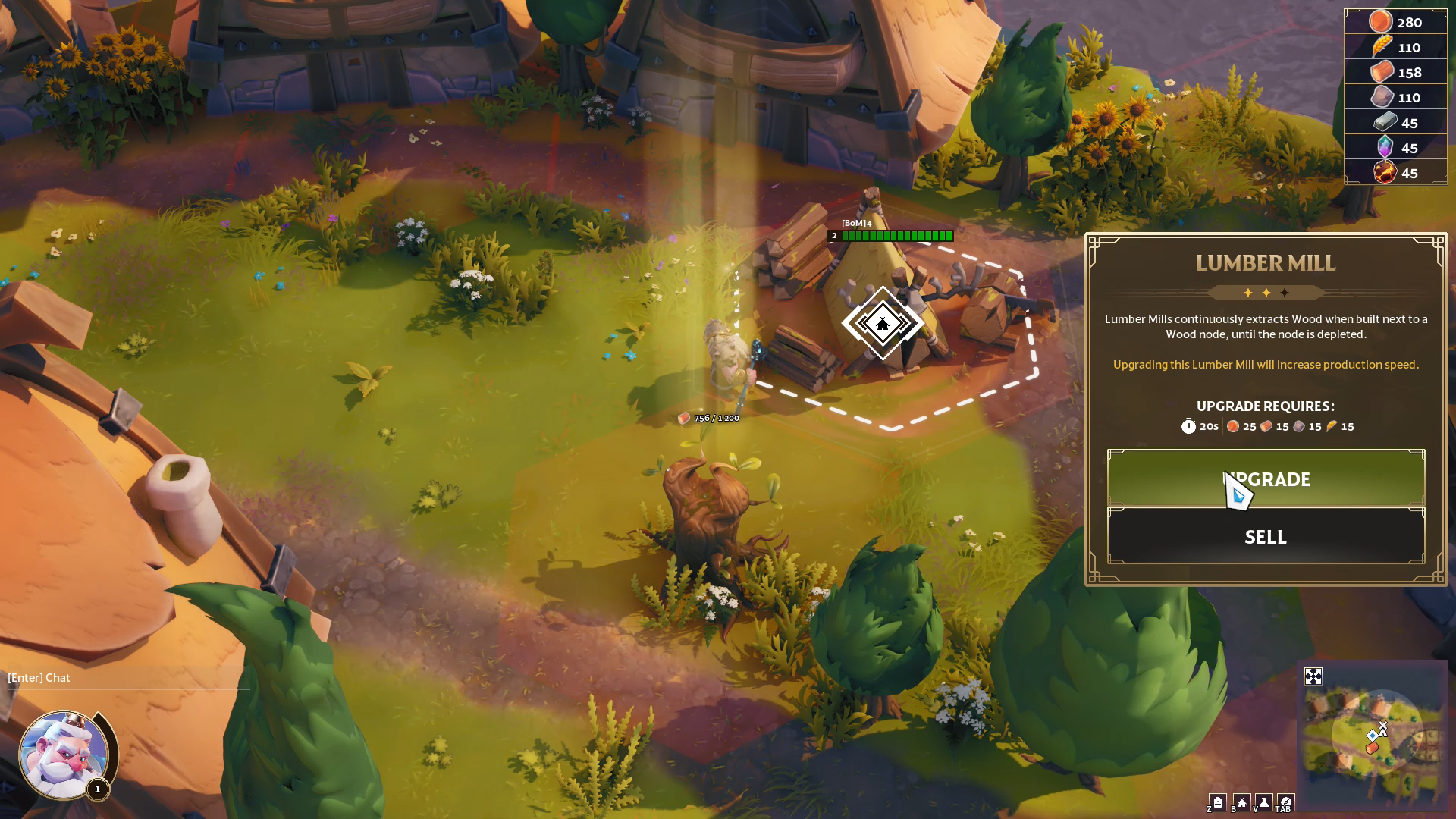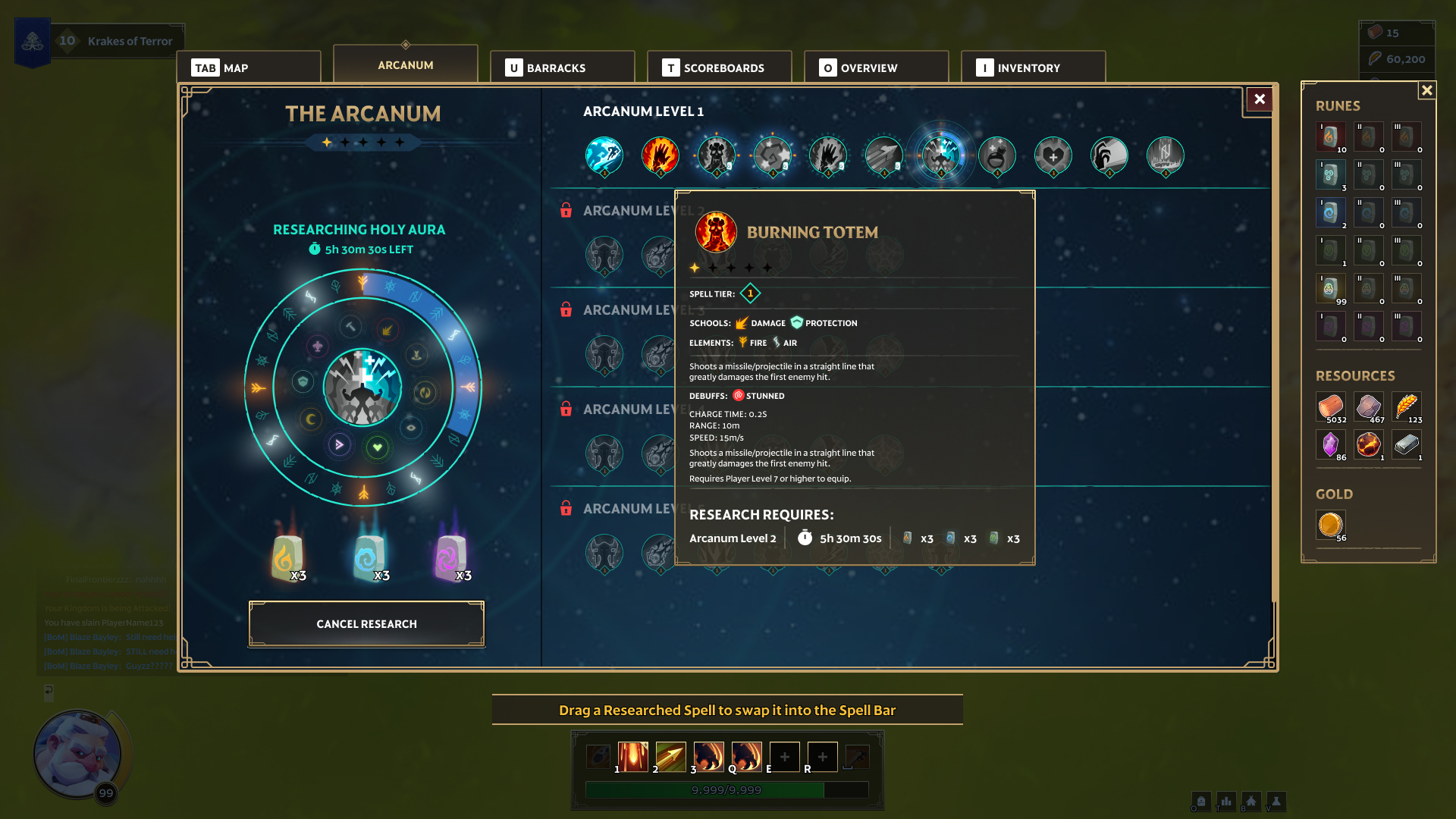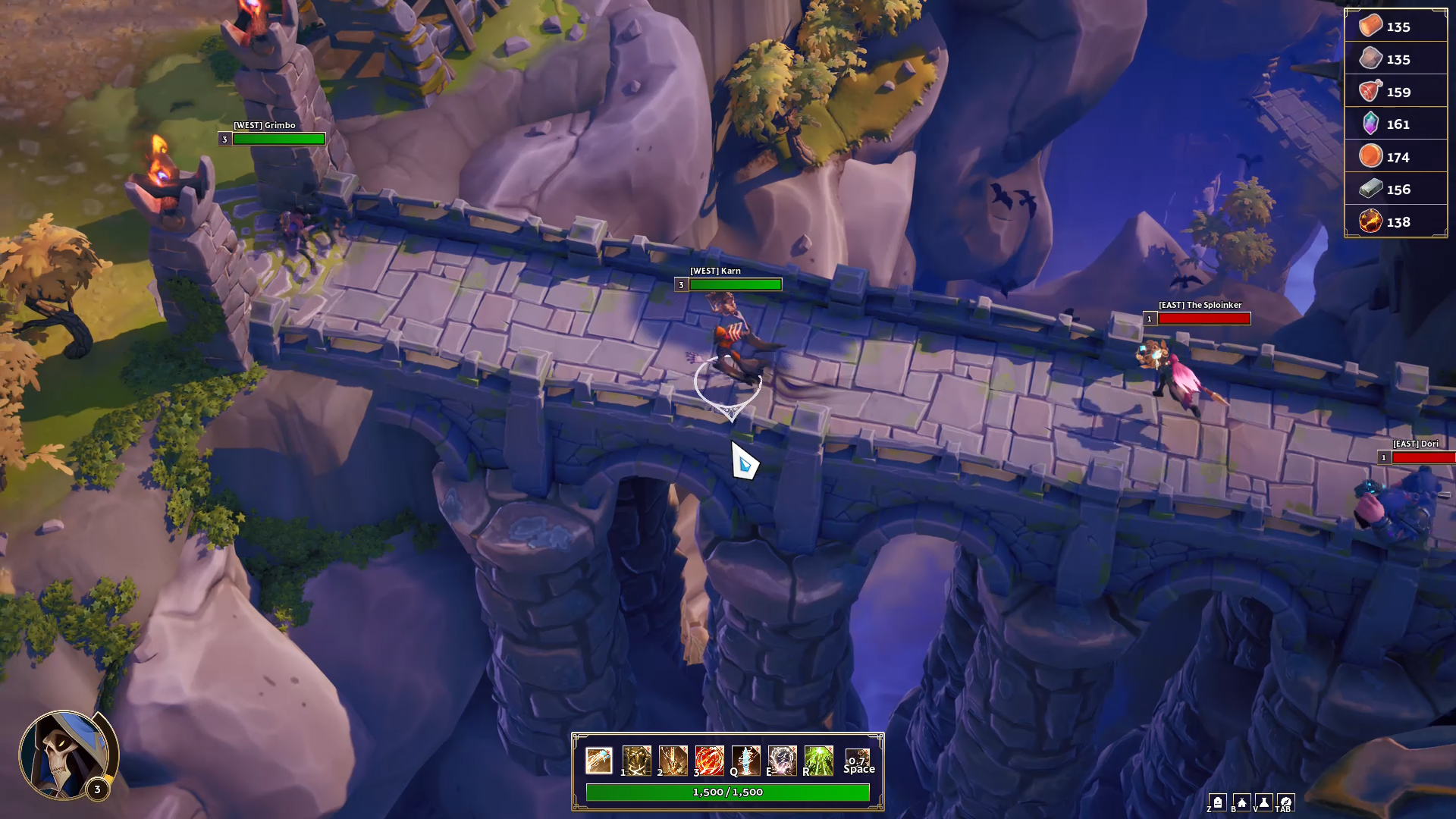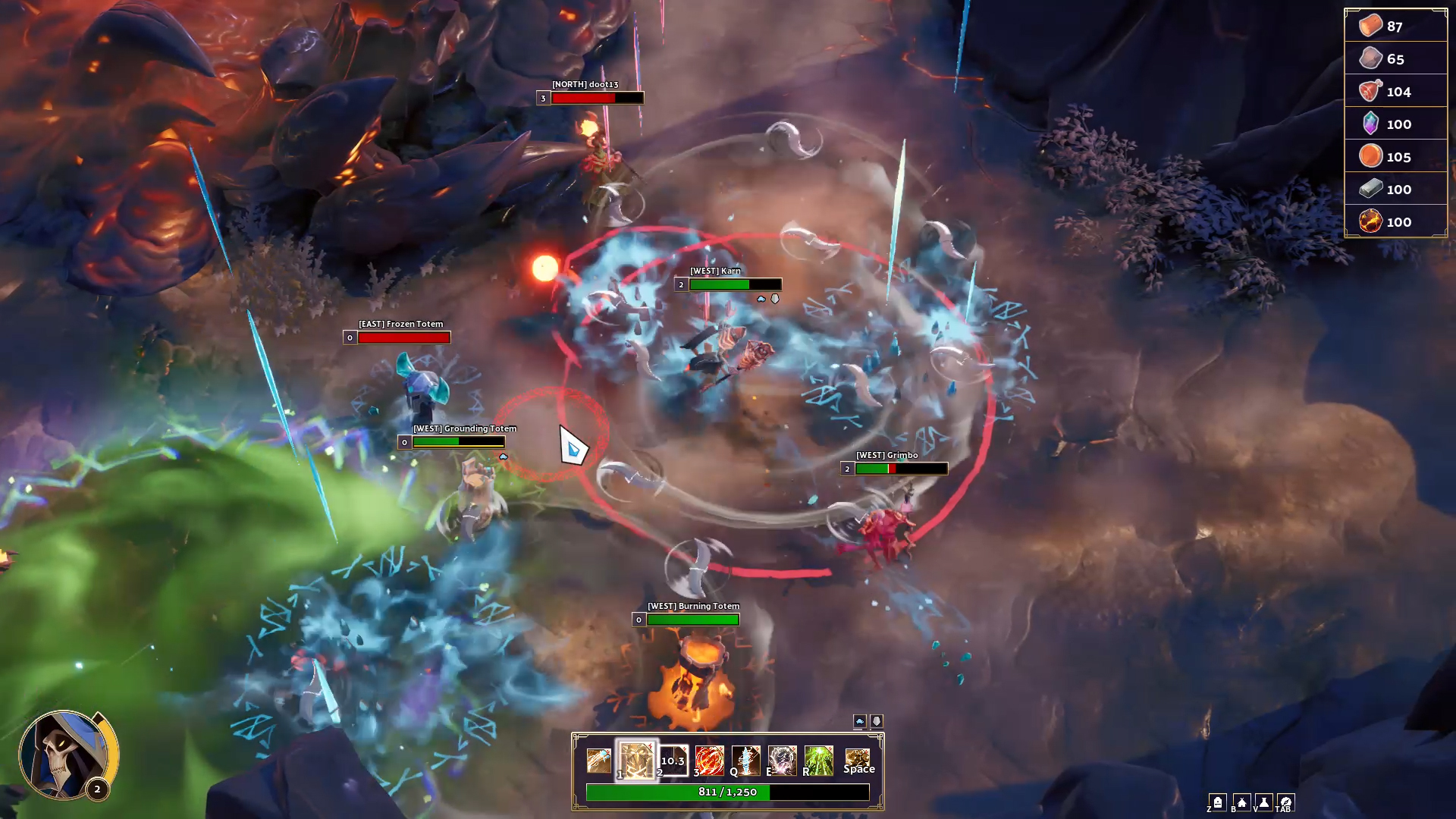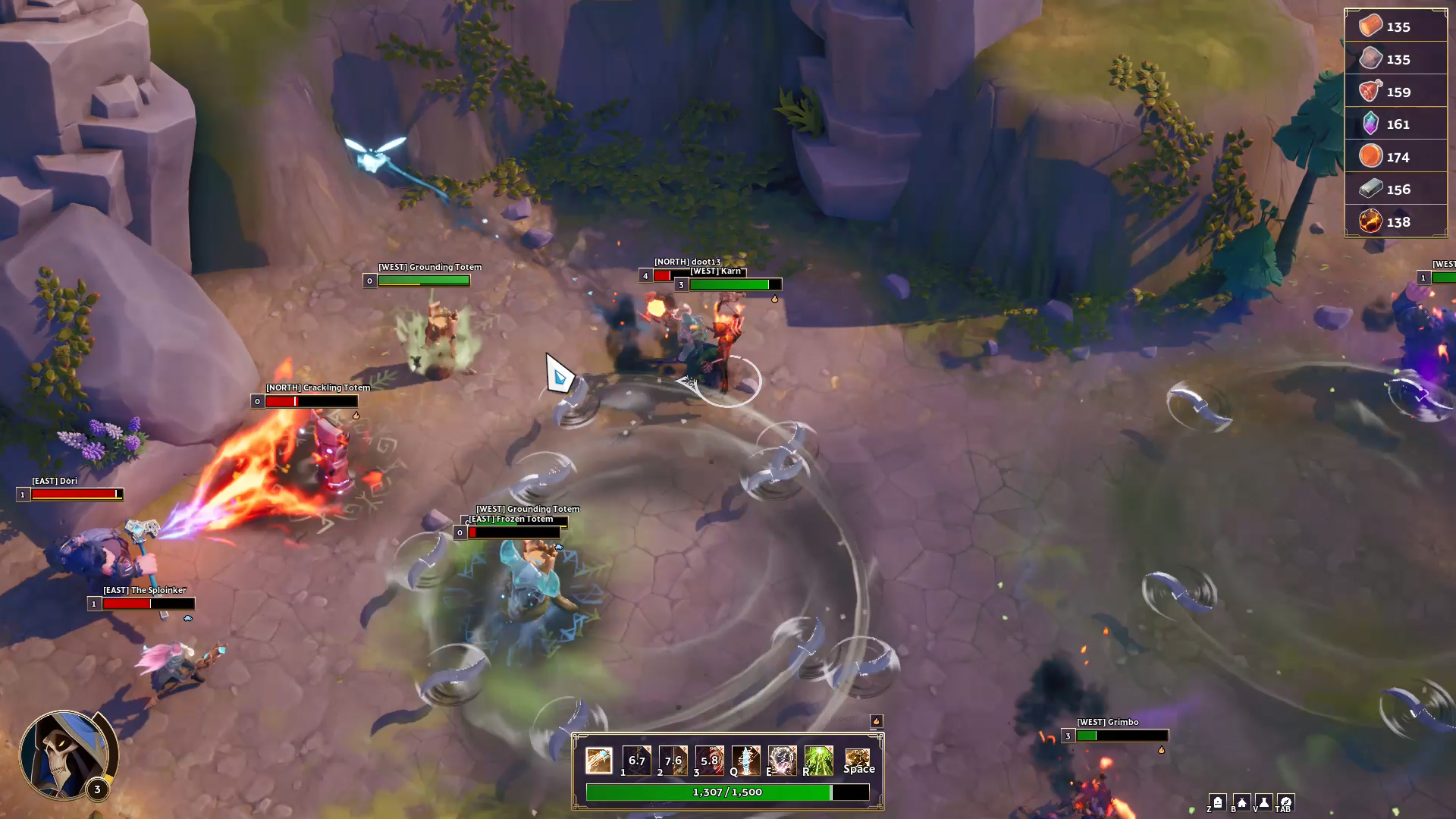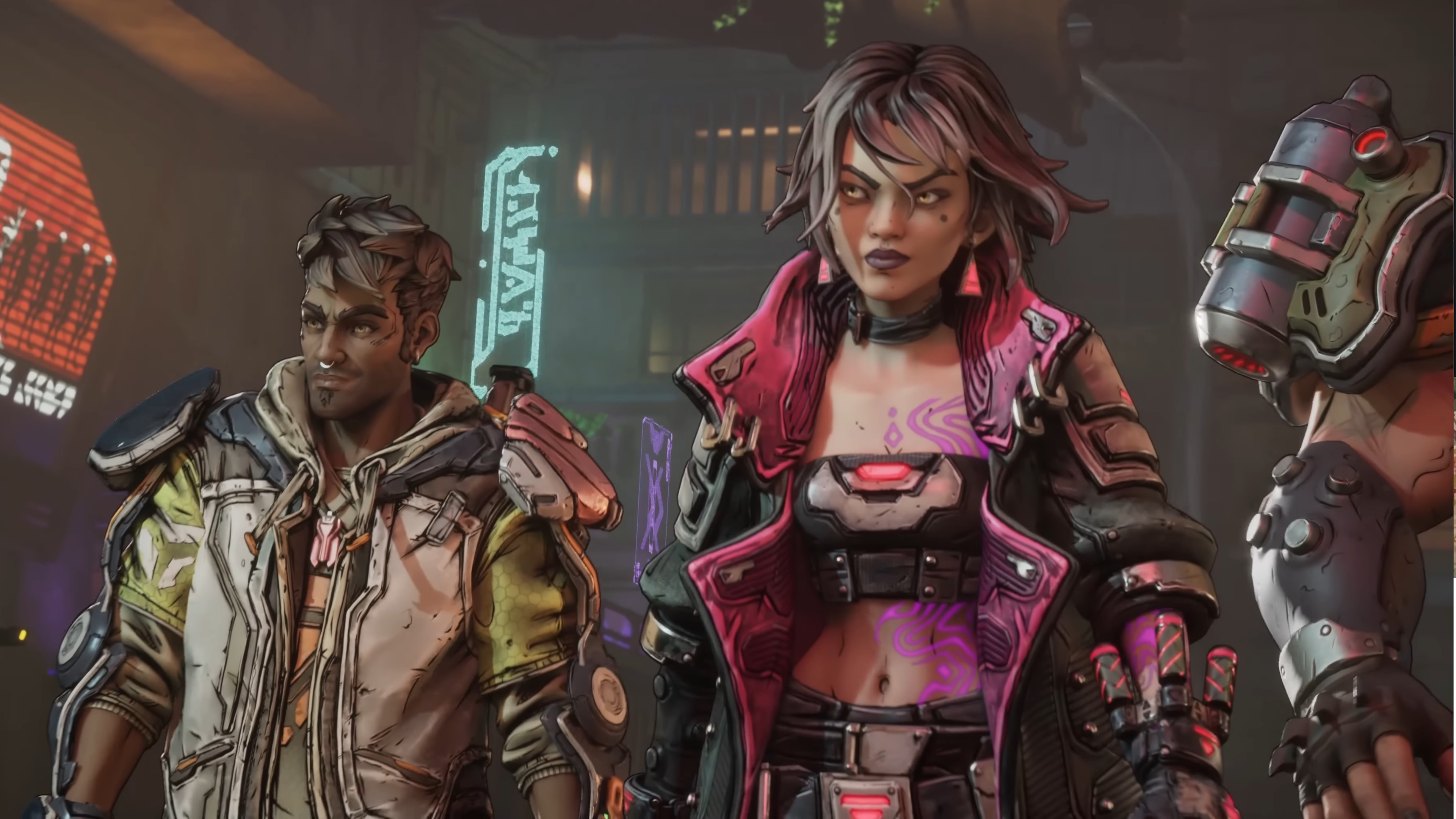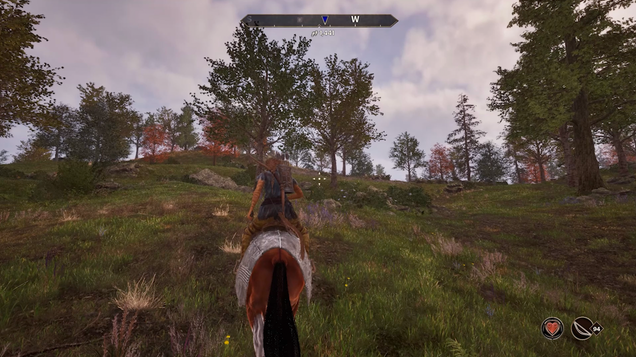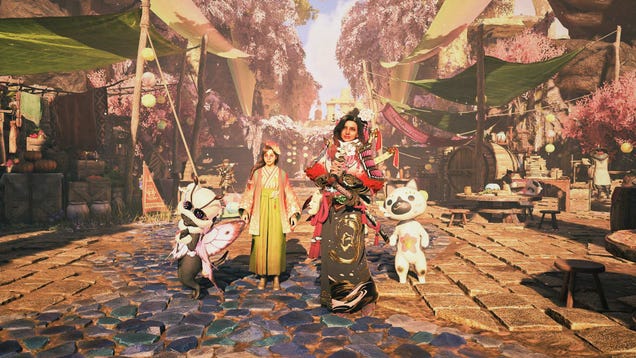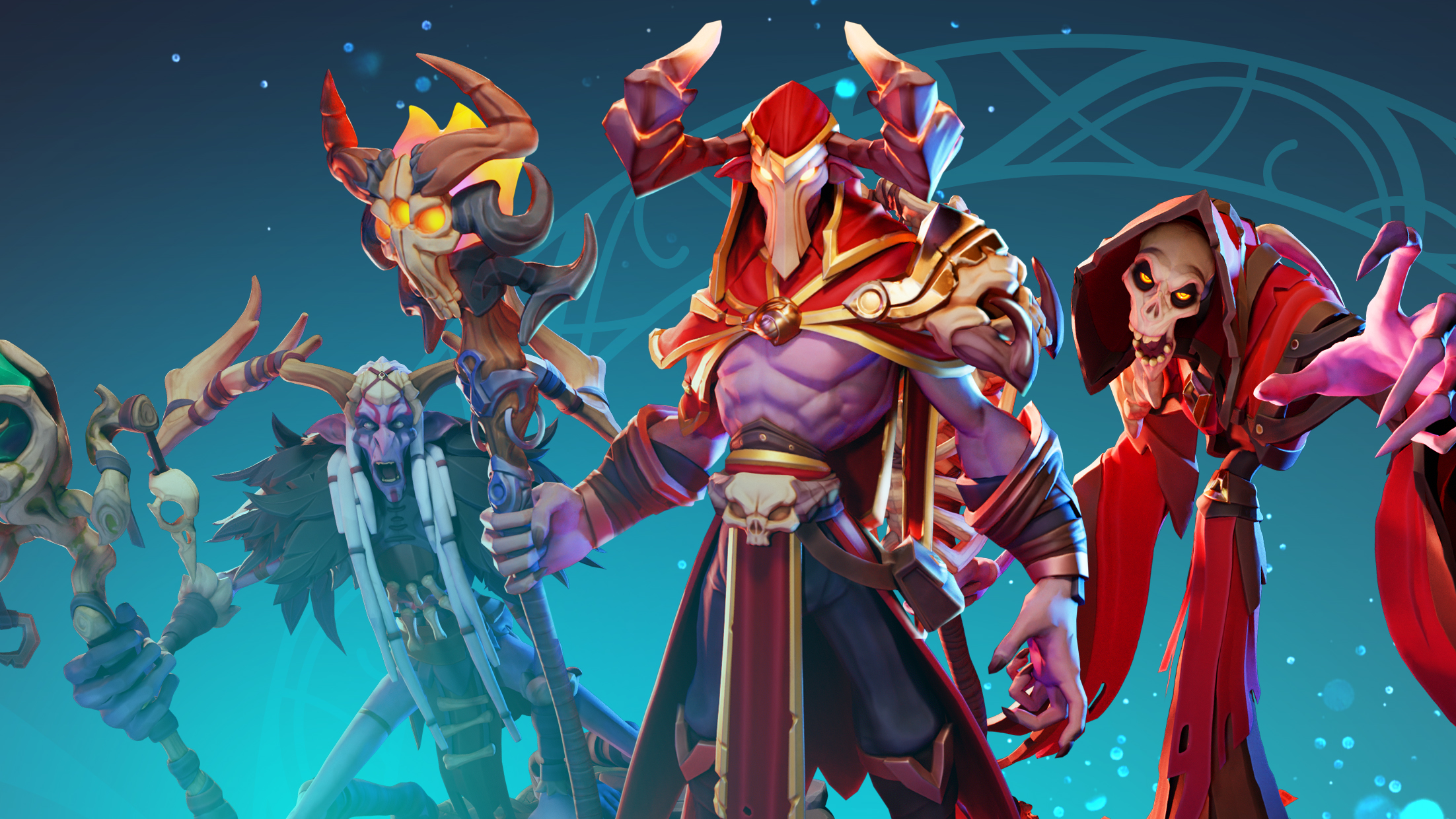
Multiplayer fantasy war game We Will Be Gods enters public alpha in May, and will be free-to-play when it launches this year.
Large-scale PvP warfare leads to some of the best stories in gaming, but it takes a certain level of dedication to participate in something like war MMO Foxhole (in which players once fought for 48 hours straight and built “a religion around a corpse pile”), and getting involved in EVE Online’s shenanigans is a lifestyle decision.
We Will Be Gods, which has quietly been in development for a few years and is now approaching its first public alpha, will perhaps be a large-scale PvP war game that’s a little easier to get into. The founders of Swedish studio Cult of the North worked on Candy Crush, that unreasonably successful tile-matching game, and so they know something about mass appeal.
But victory in these fantasy wars won’t necessarily come easily—We Will Be Gods is explicitly not designed to be fair, the devs say—and the studio’s decision to build its own engine after finding both Unity and Unreal unsuitable for its networking needs perhaps suggests a clear vision and the conviction (and Andreessen Horowitz financing) to stick to it.
That vision combines RTS base building, MOBA-style combat, and 4X resource management, and also takes inspiration from classic browser-based strategy games like Tribal Wars and Utopia. The plan is to run weeks or months-long campaigns with 10 or more player-run kingdoms one map, all building big bases, forming alliances, and burning down the bases of their enemies. Kingdoms can house as many as 100 players each.
A sign-up form for pre-alpha testing is available now—the servers open May 17—and We Will Be Gods will be free-to-play on Steam when it launches, which will happen sometime later this year unless plans change.
There can be 140 people on one side and 70 on the other, and that’s how it’s going to be.
The skill cap in We Will Be Gods is “a little bit lower” than it may be in comparable games, studio founders Adam Schaub and Marcus Jacobs told PC Gamer on a recent call, and there’s more to do than fight.
“You can be good at strategy, you can be good at the economy, you can be good at building cities, tower defense, these things—not only combat,” said Jacobs.
But PvP games are also inherently competitive, and my interest was piqued by Jacobs’ comment regarding fairness, specifically the lack of it.
We Will Be Gods is about “adapting and overcoming,” he said, acknowledging that this is a standard game design theme, but contrasting their approach with that of multiplayer games in which success comes from grinding, developing the fastest reflexes, or looking up the best internet strategies.
“[We Will Be Gods] serves you something, and you work with that,” Jacobs said. “So that’s why there are no matches, there are no instances, there is no fairness. There can be 140 people on one side and 70 on the other, and that’s how it’s going to be.”
And if you run up to an enemy kingdom’s base and there just aren’t many of them online to defend at that moment, that’s just tough luck for them.
When one of these weeks-long games ends (with the players of a kingdom achieving godhood, as the title foretells), you start again fresh with a new kingdom. The alpha map will feature 10 starting points—10 kingdoms in a free-for-all, give or take any alliances they forge—but Jacobs suggested that they could do games with 100 kingdoms in the future, all expanding their bases and clashing or allying with each other at once.
Discord integration will provide voice and text chat for coordination with your comrades, and for the time being, the highest level players in a kingdom (ie, those who’ve played the most) will have the most power to make decisions about communal resource allocation—there are both personal and kingdom-wide pools to draw from. Down the line, however, the devs plan to introduce a voting system.
It’s hard to predict how any multiplayer game will be received today—will Marathon be a hit or flop? I really couldn’t tell you—but it feels like there’s potential in a free-to-play game that sits somewhere between Guild Wars 2 and Clash of Clans. Not as demanding of time and energy as an MMO, but perhaps more appealing to the PC’s strategy and MOBA players than the most mass market mobile games.

